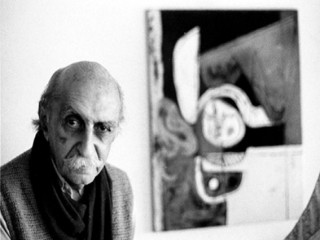
Lucio Costa biography
Date of birth : -
Date of death : -
Birthplace : Toulon, France
Nationality : Brazilian
Category : Arhitecture and Engineering
Last modified : 2012-01-18
Credited as : architect, designed the Brazilian Pavilion at the World's Fair, introduced the Modern Movement to Brazil
0 votes so far
He was in the vanguard of International Modernism in Brazil, and headed a team of young architects (all disciples of Le Corbusier) designing the building for the Ministry of Education and Health in Rio de Janeiro (1936–43), for which Le Cor-busier was consultant architect and Burle Marx was landscape-architect.
Costa and Niemeyer designed the Brazilian Pavilion at the World's Fair, NYC (1939), and he himself was responsible for the Eduardo Guinle apart-ment-block in Rio (1948–54) and the Brazilian Pavilion at the Cité Universitaire, Paris (1955).
In 1956 the imagination of the world was captured by his plan for the new capital, Brasília, and construction moved rapidly ahead. The plan is formal, in the shape of a bow and arrow, and it encapsulates many of the principles laid down by CIAM in the Athens Charter: it has not lived up to its expectations.
Costa initially fostered the growing Neocolonial Revival which spread through Brazil in the 1930s but eventually came to support the revolutionary concepts of the European avant-garde. Appointed as director of the Escola Nacional de Belas Artes, he immediately dismantled the existing Beaux-Arts curriculum in favor of Modern ideals. His support of the modern movement was not generally approved and he was quickly replaced as director.
Much of his architecture, notably his competition winning city plan for the new capital Brasilia, owed a debt to the design theories and vocabulary introduced by Le Corbusier. He is often hailed as the man who first introduced the Modern Movement to Brazil.
















